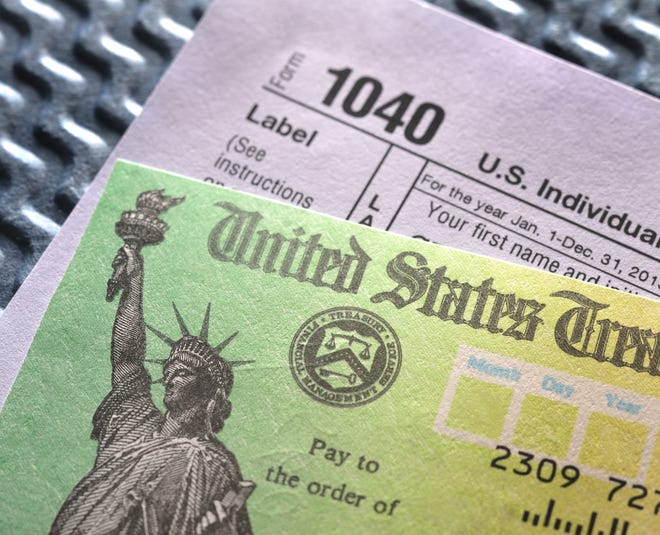Before committing to a reverse mortgage, you should be aware of what they entail and the associated costs. The reverse mortgage has advantages, such as not having to repay while you live in the property. You should always be aware of the tax implications of reverse mortgages when considering fees and compound interest rates over the life of the loan.
Is the money from a reverse mortgage taxable?
Money received on a reverse mortgage is not taxable because it is borrowed against the value of your home and is not income. In this situation, the borrower is not required to make repayments as long as he lives in the house. However, the borrower (s) will eventually have to repay the loan by selling the house or letting the bank sell it after they die.
Note that seniors who choose to make payments on their reverse mortgage while still living in the home can borrow later. Plus, if you choose to purchase mortgage insurance, premiums may be tax deductible if your adjusted gross income is less than $ 100,000.
What is reverse mortgage capital gains tax (CGT)?
Capital gains tax is charged when you sell property or other investments and make a profit, and they have been used to earn income. There are certain exemptions and rules regarding capital gains tax and property tax, including the capital gains tax from reverse mortgages.
Two criteria will allow you to be exempt from CGT when selling your home with a reverse mortgage. The first is that the borrower must have owned and lived in the house for at least two years. The second is that the borrower must not have benefited from an exemption on CGT from another reverse mortgage sale within the past two years from this date.
These exemption rules may vary from person to person. For example, if you are single, you may be exempt from capital gains up to $ 250,000. Meanwhile, married couples can be exempt from CGT on a capital gain of up to $ 500,000 jointly.
Are reverse mortgage fees tax deductible?
Base fees, statutory fees or mortgage registration fees and reverse mortgage fees are tax deductible. But this only applies when the borrower decides to make repayments.
Suppose the house is repaired or renovated with some of the money from the reverse mortgage. In this case, the money you use is eligible for a deduction once the property’s value is calculated.
But there is no obligation for you to pay anything unless you decide to move or change lenders. If you don’t make payments, there is nothing to claim as a tax deduction.
Conclusion on tax obligations in the event of a reverse mortgage
The tax obligations associated with reverse mortgages are tricky, especially if you’re unfamiliar with the rules. However, it is important to understand that nothing is taxable unless you sell the house and profit after paying off the reverse mortgage amount.
You should also remember that full payment, including all interest, fees, and home repair costs, is tax deductible.
 Resource KT
Resource KT


